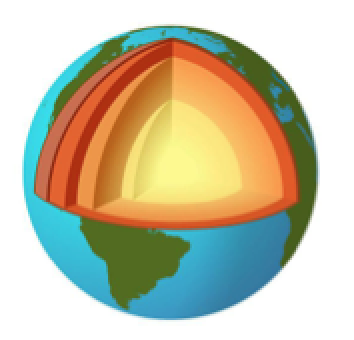Do you ever get discouraged by how long it takes to change the temperature of the water in your bath tub? Well, it could be worse. Imagine how long it would take to change the temperature of an entire ocean without an Earth-sized faucet handle. Hint—it takes millions and millions of years! Knowing what caused these gradual fluctuations in early oceans could change the way we understand Earth’s geological record. A team of researchers including Yale professor of Geology and Geophysics, Noah Planavsky, recently discovered that Earth’s early oceans were not as hot as previously estimated. Thus, they set out to determine whether the lower oceanic temperatures were due to actual seawater cooling or changing water composition.
To test the latter hypothesis, the team examined how the composition of water affects ocean temperature, beginning with an investigation into one of water’s component elements: oxygen. All oxygen atoms have eight protons, but the nucleus might contain eight, nine, or ten neutrons. An oxygen atom with eight neutrons, or oxygen-16, is considered “light.” Light oxygen is the most abundant isotope of oxygen in nature. A less common isotope of oxygen, oxygen-18, has ten neutrons and is considered “heavy.” The ratio of these two types of oxygen in water changes with the climate.
Planavsky and the other researchers recorded the amounts of different oxygen-isotopes in the past two billion years and used the ratio of light to heavy oxygen in marine sediments and fossils to obtain the heavy oxygen value. For oceans, high heavy oxygen values represent colder climates, while lower heavy oxygen values represent warmer climates. The team discovered that, indeed, the changing isotope composition of oxygen in water was actually responsible for the changing temperature of the Earth’s oceans.
The team’s research shows how the protracted rise of heavy oxygen over several billion years has played a major role in changing Earth’s environment. Planavsky continues to uncover more about Earth’s geological evolution and the effects of Earth’s oxygenation on the environment.

